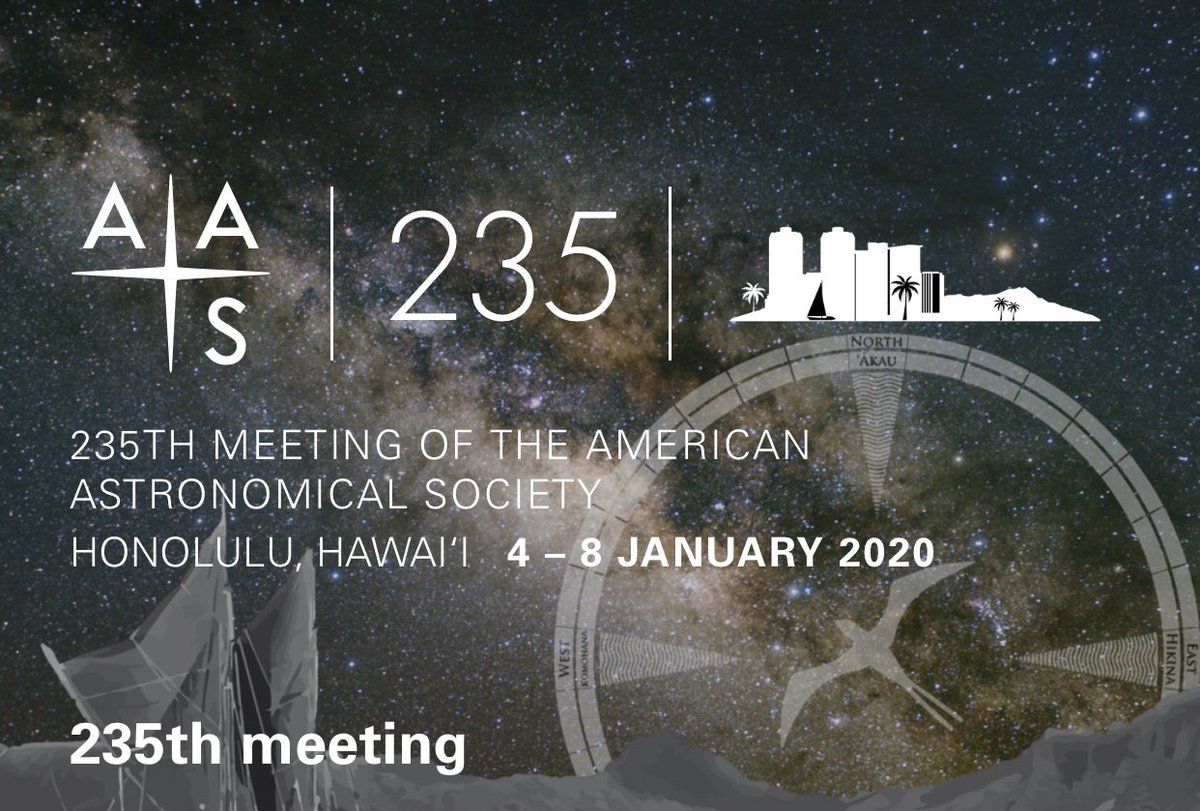
To Find Intelligent Alien Life, Humans Need to Start Thinking Like an Extraterrestrial
Article by Adam Mann January 22, 2020 (livescience.com)
• Claire Webb is an anthropology student at the Massachusetts Institute of Technology. Since 2017, Webb has worked with Breakthrough Listen to examine how SETI researchers think about aliens and place anthropocentric assumptions into their work. On January 8th at the 235th meeting of the American Astronomical Society in Honolulu, Webb pointed out the potential flaw in SETI’s $100 million Breakthrough Listen Project, which scours the cosmos for intelligent alien signals, being that scientists tend to bring with them their human biases. Webb’s job is to get SETI researchers to be mindful of their human behavior in order imagine new ways to perform scientific studies.
• At the conference, Webb pointed out how Breakthrough Listen scientists use artificial intelligence (or ‘AI’) to sift through large data sets to uncover potential ‘technosignatures’ to indicate technology or tools use by alien beings. Researchers that employ AI “tend to disavow human handicraft in the machines they build,” said Webb. “I find that somewhat problematic.” AI is trained by human beings. In doing so, they predispose their algorithms to certain biases.”
• Most SETI research assumes that beings on different worlds will be able to communicate in the same way that we do, says Webb. It presumes a technological compatibility in using radio telescopes and understanding the universal language of science and math. “(But) if E.T. was looking at us, what would they see?” Webb asks.
• Biases also come from assuming that other species’ technological development would mirror our own, such as dealing with nuclear weapon proliferation and climate change. We can’t automatically assume that the history of another species will unfold in the same way, says Webb.
• Veteran SETI scientist Jill Tarter suggested that we may be looking for a better version of ourselves, hoping that a message from advanced beings will include blueprints for a free energy device that can alleviate poverty. This assumes that an advanced species will have an equal moral advancement. Says Tarter, “I think that’s something that can be contested.”
• “One thing Jill [Tarter] has said many times is, ‘We are doing what we think makes sense now, but we might one day be doing something totally different… We reserve the right to get smarter.'”
HONOLULU — Our hunt for aliens has a potentially fatal flaw — we’re the ones searching for them.

That’s a problem because we’re a unique species, and alien-seeking scientists are an even stranger and more specialized bunch. As a result, their all-too human assumptions may get in the way of their alien-listening endeavors. To get around this, the Breakthrough Listen project, a $100-million initiative scouring the cosmos for signals of otherworldly beings as part of the Search for Extraterrestrial Intelligence (SETI), is asking anthropologists to help unmask some of these biases.
“It’s kind of a joke at Breakthrough Listen,” Claire Webb, an anthropology and history of science student at the Massachusetts Institute of Technology, said here on Jan. 8 at the 235th meeting of the American Astronomical Society (AAS) in Honolulu. “They tell me: ‘We’re studying aliens, and you’re studying us.'”

Since 2017, Webb has worked with Breakthrough Listen to examine how SETI researchers think about aliens, produce knowledge, and perhaps inadvertently place anthropocentric assumptions into their work.
She sometimes describes her efforts as “making the familiar strange.”
For instance, your life might seem perfectly ordinary — maybe involving being hunched over at a desk and shuttling electrons around between computers — until examined through an anthropological lens, which points out that this is not exactly a universal state of affairs. At the conference, Webb presented a poster looking at how Breakthrough Listen scientists use artificial intelligence (AI) to sift through large data sets and try to uncover potential technosignatures, or indicators of technology or tool use by alien organisms.
“Researchers who use AI tend to disavow human handicraft in the machines they build,” Webb told Live Science. “They attribute a lot of agency to those machines. I find that somewhat problematic and at the worst untrue.”
FAIR USE NOTICE: This page contains copyrighted material the use of which has not been specifically authorized by the copyright owner. ExoNews.org distributes this material for the purpose of news reporting, educational research, comment and criticism, constituting Fair Use under 17 U.S.C § 107. Please contact the Editor at ExoNews with any copyright issue.
American Astronomical Society, Breakthrough Listen project, Claire Webb, Jill Tarter, SETI